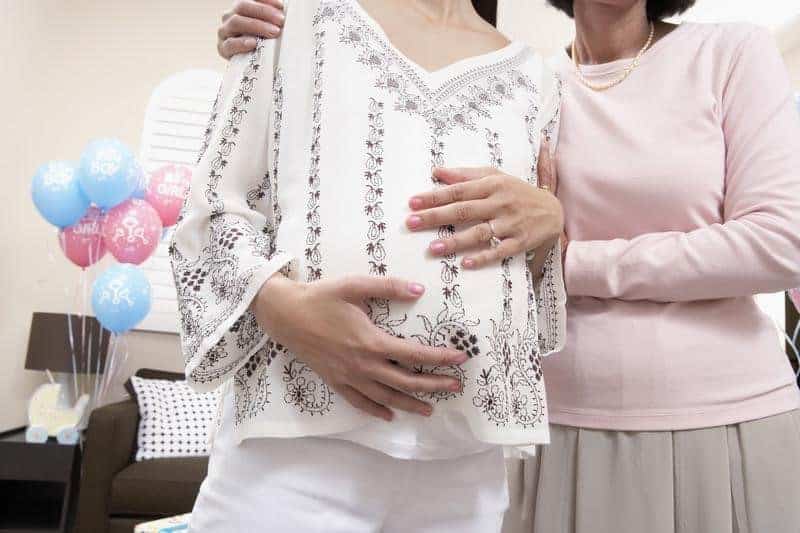
Preeclampsia Risk Factors
•A first-time mom
•Pregnant with more than one baby
•Overweight, especially if you are obese. Being overweight already increases your risk of developing high blood pressure, and that may come into play with increases your risk of preeclampsia.
•Diagnosed with diabetes or have a past medical history of high blood pressure.
Early Warning Signs of Preeclampsia
Catching preeclampsia as early as possible is the best way to prevent further complications. Unfortunately, many women do not even feel slightly ill during the early stages. However, there are a few early warning signs of the condition.These include:•Swelling, especially that of the hands and face. Some swelling in your legs and feet is normal during pregnancy, but if you suddenly go up two shoe sizes and can’t walk without pain, contact your doctor.•Gaining more than two pounds a week, especially if you’re eating healthy.•Rapidly gaining weight in a very short period of time. For example, if you go from 140 to 150 overnight, something is wrong.•Elevated blood pressure, usually higher than 140/90.
•Protein in your urine. Urine should not have any protein in it, and its appearance suggests a problem in the kidneys.
Seek Immediate Medical Attention if You have These Signs:
•Unexplainable pain in your abdomen or rib cage area.
•A pounding headache that won’t let up.
•Difficulty seeing due to blurred vision or other visual disturbances.
•A lower than normal urge to urinate, or a decrease in the amount of urine that comes out when you do have to go.
• Vomiting, especially severe vomiting that doesn’t let up even after your stomach is empty.
Your doctor will monitor you for preeclampsia throughout your pregnancy. It is one of the reasons that the nurse takes your blood pressure and checks your urine sample at every single visit. However, if you are concerned that you could be developing the condition between visits, call your doctor right away.

